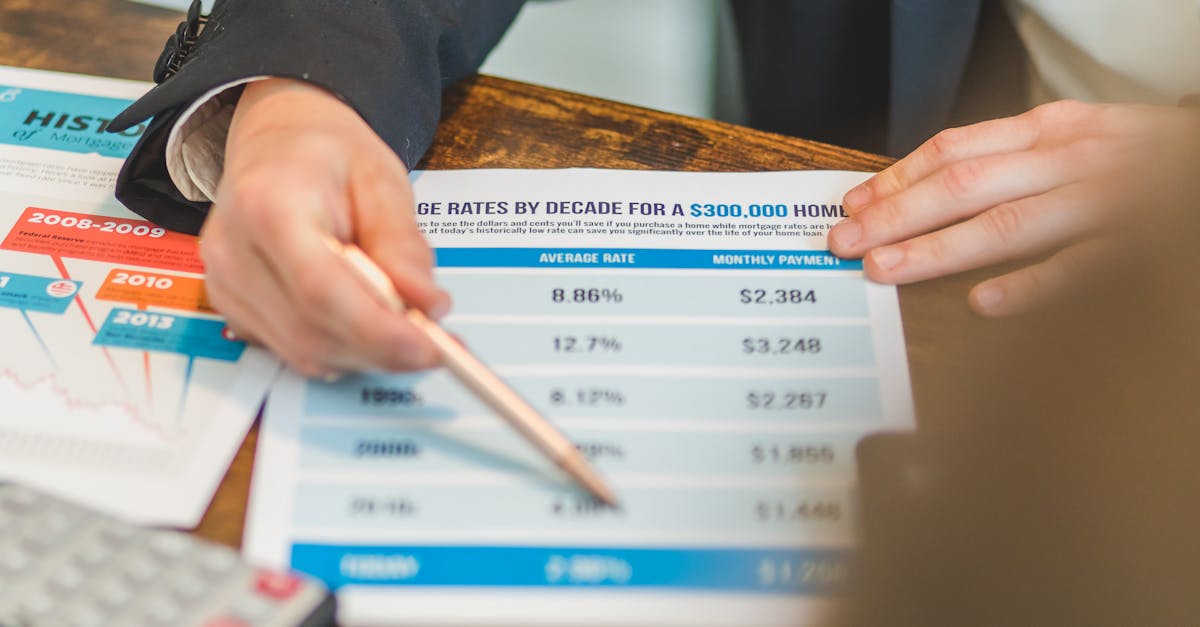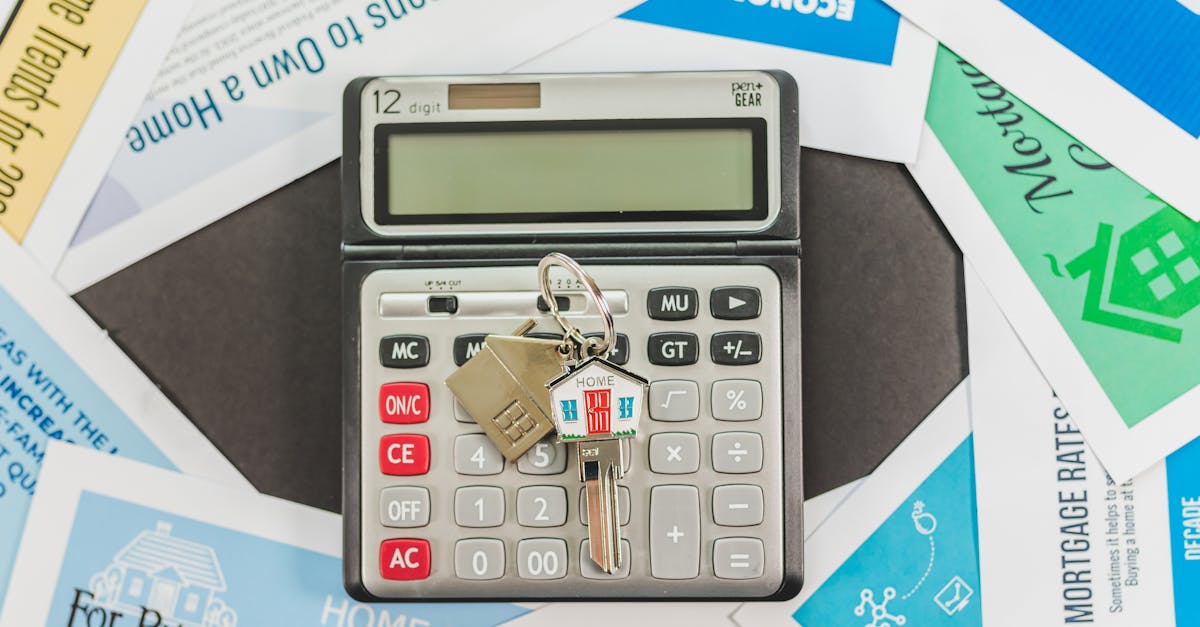Understanding Lowest Mortgage Rates
Introduction
In the quest to own a home, securing the lowest mortgage rates can make all the difference. Understanding the intricacies of mortgage rates saves money and time. This guide will unravel the components influencing low mortgage rates.
Advertisement
What Are Mortgage Rates?
Mortgage rates refer to the interest charged by lenders on a home loan, expressed as an annual percentage. These rates directly affect the monthly payment and total loan costs. Lower rates mean less money paid back over the loan's lifespan.
Advertisement
Average Rates vs. Lowest Rates
Average rates represent the typical mortgage interest across various lenders at a specific time. However, the lowest rates are special offers that some lenders provide to attract customers or under specific conditions. While average rates give a general market idea, seeking the lowest rates can be more rewarding.
Advertisement
Factors Determining Mortgage Rates
Several factors influence mortgage rates, including the federal funds rate set by central banks, housing market stability, and economic factors like inflation. Personal factors such as credit score, loan term, and size also play significant roles.
Advertisement
Impact of Credit Scores
A borrower's credit score significantly affects the mortgage rate they qualify for. Higher credit scores often lead to lower interest rates as they reflect financial responsibility. Lenders perceive borrowers with good credit as less risky, offering them favorable terms.
Advertisement
Loan Terms and Their Influence
The duration or term of a mortgage impacts the interest rate. Typically, shorter-term loans, like 15-year mortgages, attract lower rates compared to 30-year mortgages due to quicker repayment, which lowers lender risk.
Advertisement
Role of Down Payments
Lenders often offer lower rates to borrowers who make substantial down payments. A larger down payment reduces the loan amount, minimizing the lender's risk. As a result, borrowers can secure more favorable interest rates.
Advertisement
Exploring Different Loan Types
Different mortgage types, such as fixed-rate and adjustable-rate, come with varied interest rates. A fixed-rate mortgage provides stability with unchanging rates, whereas adjustable-rate mortgages might start with lower rates but can increase over time based on market conditions.
Advertisement
Strategies to Secure Lowest Rates
To obtain the lowest rates, borrowers should consider improving their credit scores, making higher down payments, and exploring various lenders. Shopping around and comparing offers is essential, as lender terms can widely vary.
Advertisement
Summary or Conclusion
Securing the lowest mortgage rates entails understanding influencing factors and personal financial preparation. By considering credit scores, loan terms, and comparing lenders, potential homeowners increase their chances of obtaining favorable rates. In essence, preparation and informed decision-making pave the way to affordable homeownership.
Advertisement



